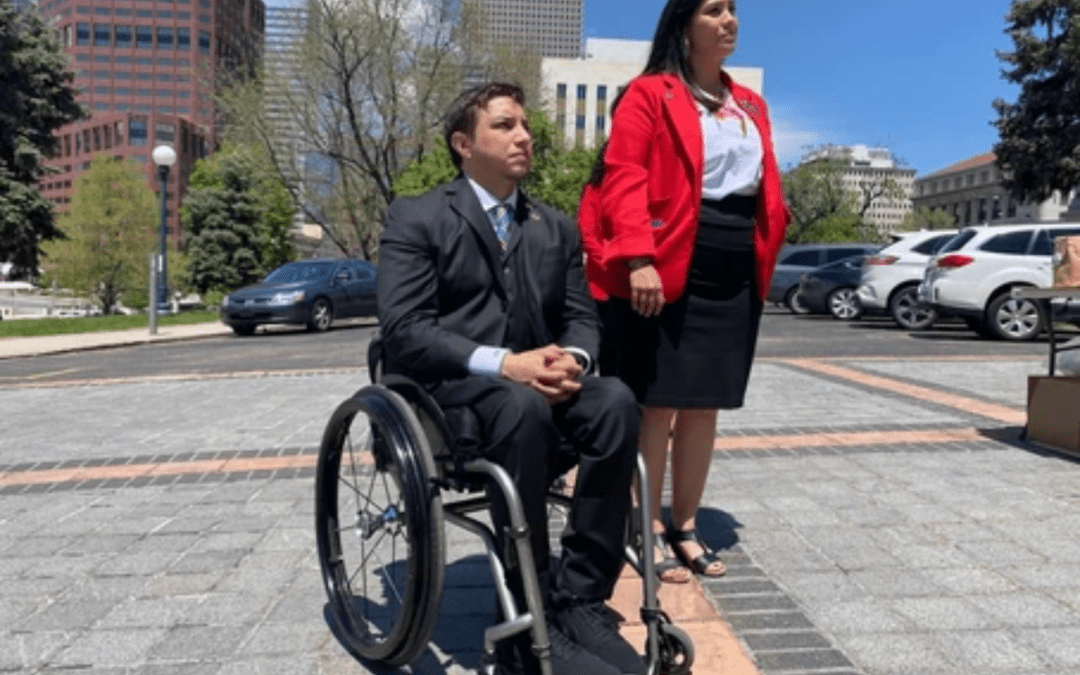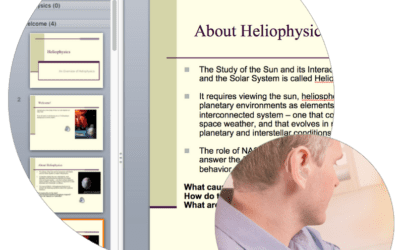The impact of HB21-1110 is clear. It significantly strengthens the protections against discrimination based on disability in Colorado, particularly in the digital realm, and sets a precedent for other states to follow in enhancing digital accessibility.
The Colorado accessibility law, specifically House Bill 21-1110 (HB21-1110), which mandates that state and local public entities meet established website accessibility standards, will impact how other states handle accessibility in several ways:
Setting a Precedent
Colorado’s HB21-1110 sets a precedent for other states to follow. By successfully implementing and enforcing these standards, Colorado can serve as a model demonstrating the feasibility and benefits of such regulations.
Raising Awareness
The enactment and implementation of HB21-1110 can increase awareness about the importance of digital accessibility. This can prompt other states to consider similar measures to ensure their digital platforms are accessible to all citizens, including those with disabilities.
Encouraging Uniformity
As more states observe Colorado’s approach to digital accessibility, there could be a push towards more uniform accessibility standards across the country. This could lead to a more consistent user experience and make it easier for entities that operate in multiple states to comply with accessibility regulations.
Legal Implications
The legal framework set by HB21-1110, which includes potential civil rights violations for non-compliance, could inspire other states to adopt similar legal stances to enforce accessibility standards. This could increase the legal obligations of state and local governments to ensure their digital services are accessible.
Technological Advancements
The requirement to comply with specific standards like the WCAG 2.1 AA could drive technological innovation and the adoption of new tools and practices that enhance accessibility. As these technologies become more widespread, other states might also adopt them.
Economic and Social Impact
Demonstrating the positive economic and social impacts of improved accessibility in Colorado could motivate other states to pursue similar laws. Benefits such as increased employment opportunities for people with disabilities and enhanced access to government services can be compelling reasons for other states to enact similar legislation.
By leading with strong accessibility standards, all citizens will feel the impact of HB21-1110. With the bill, Colorado improves access for its residents and contributes to a broader movement towards inclusivity and accessibility in digital government services across the United States.





